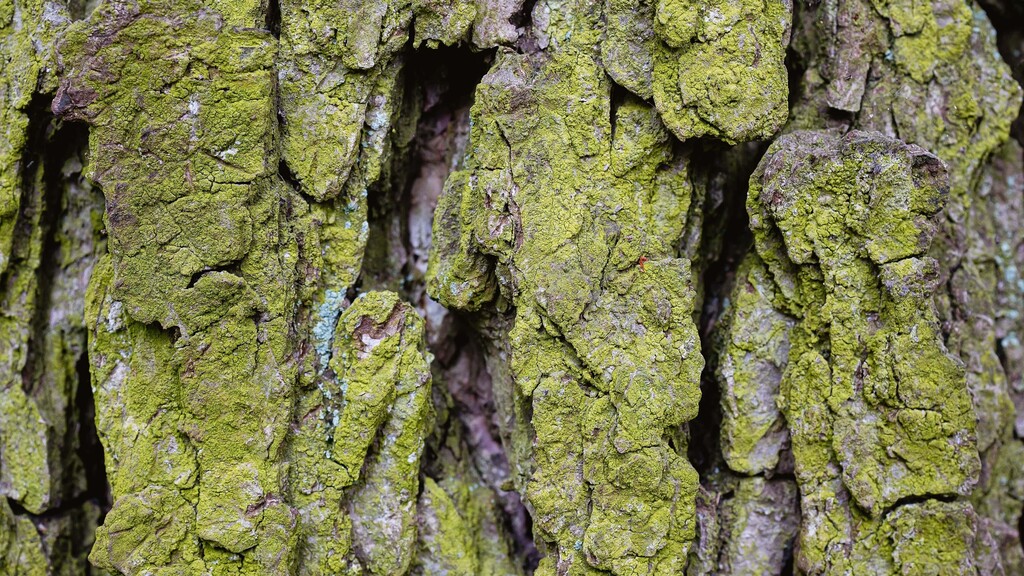

Yet despite their important functions, more and more forests are being destroyed. Currently, about 4 billion hectares of the world's land area are still forested, which corresponds to about one third - originally it was once twice as much. The reason for this is the progressive deforestation of intact forests. Between 2015 and 2020, according to the Global Report "State of the World's forests 2020, the worldwide loss of natural forest area was around ten million hectares per year, just under a third of Germany. More than two thirds of the total global deforestation is in the tropics and subtropics.
Forests are threatened by a wide range of factors, but the main reason is deforestation and slash-and-burn agriculture. This is responsible for about 80 % of global forest loss. In Latin America, soya cultivation and cattle farming are particularly responsible for forest loss, while in Africa and tropical Asia, industrial and small-scale agriculture can be held equally responsible for deforestation, as can the use of trees for firewood and charcoal production. Other causes of deforestation are mining, urbanisation and the associated expansion of cities, as well as the development of infrastructure, which often cuts wide swaths through still intact forests and leads to an increasing fragmentation of still intact forests. In European forests, forests are also increasingly falling victim to energy wood production.
Reforestation programmes try to counteract the negative development, but the annual forest losses are still too high compared to the reforestation rates to stop the downward trend of forestation. As a result, deforestation now releases three times more harmful CO2 annually than the remaining tropical forests can absorb in a year. Deforestation releases about five billion tonnes of carbon dioxide annually. On average, this corresponds to the total annual carbon emissions of the EU. In addition to reforestation of degraded areas, stopping deforestation is one of the most important measures to prevent climate change from progressing.